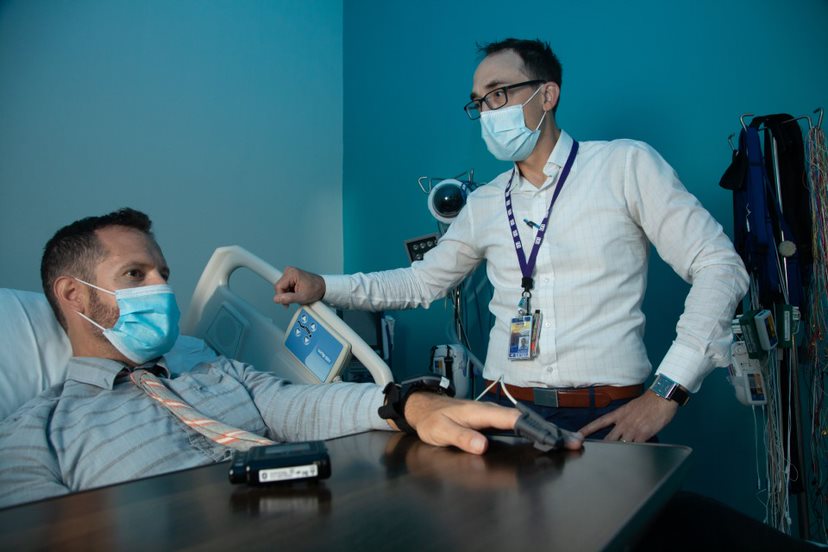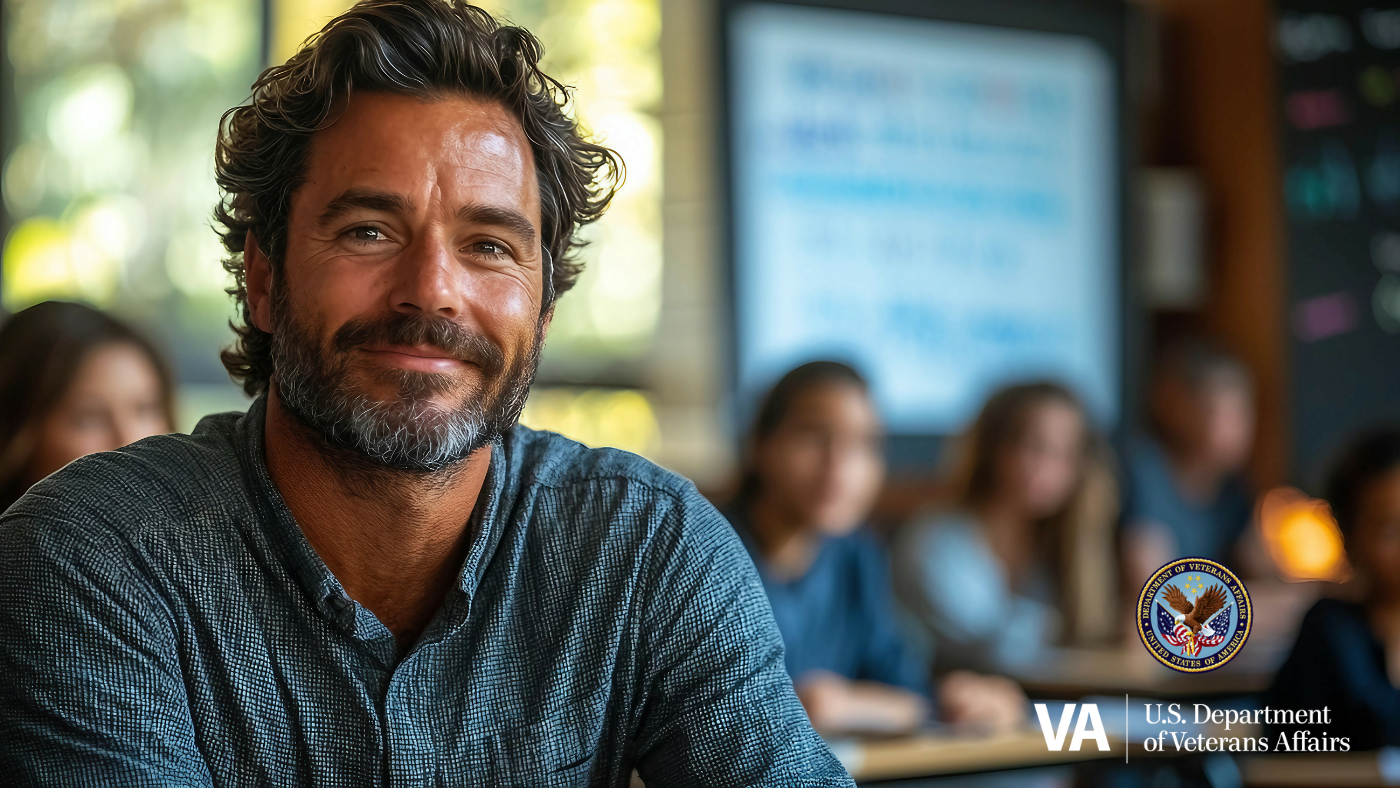Post-9/11 Veterans have “alarmingly high rates” of insomnia disorder, according to a VA San Diego Healthcare System study. More than half of the Veterans studied had the disorder. Insomnia rates were even higher in Veterans with posttraumatic stress disorder (PTSD), traumatic brain injury (TBI), and chronic pain.
The results appeared in the June 12, 2020, issue of the journal Sleep.
Insomnia is defined as difficulty falling or staying asleep, waking up earlier than desired, or significant sleep-related problems during the daytime.
Veterans have much higher insomnia rates than non-Veterans
Doctors have long known that Veterans often have sleep problems. Past research has suggested that Veterans may have double or even triple the rates of insomnia, compared with non-Veterans. This issue could stem from several aspects of military life, such as irregular sleep schedules during active duty and harsh living conditions. Physical and psychological injury and post-deployment trouble reintegrating into civilian life may also play a part.
While insomnia is a well-known problem for Veterans, accurate numbers of how many Veterans have the condition are hard to come by. One problem with collecting data on insomnia is that the terms used are inconsistent. Many patients may have insomnia symptoms or report sleep problems. But a clinical diagnosis of insomnia disorder requires a weekly sleep diary and in-depth clinical review.
Data from more than 5,500 Veterans
To get a clearer picture of the issue, researchers collected data on more than 5,500 post-9/11 Veterans at a single VA health care system over a period of seven years. They evaluated each patient for insomnia disorder, along with other conditions and characteristics.
The researchers found that 57% of Veterans in the study had insomnia disorder. This rate was fairly consistent regardless of age, sex, race, and military branch. Interestingly, the number of military deployments and history of alcohol misuse did not affect the risk of insomnia. By way of comparison, studies of the general adult population, in the U.S. and other countries, show an insomnia prevalence of around 30%.
Insomnia disorder rates were even higher in Veterans with certain conditions. More than 93% of Veterans with PTSD had insomnia disorder. About 78% of Veterans with TBI had the disorder. And 70% of Veterans with chronic pain also had insomnia.
More insomnia screening and treatment needed
The results reveal a need to screen all Veterans for insomnia, says Dr. Peter Colvonen of the VA San Diego Healthcare System and University of California San Diego, lead researcher of the study. Previous studies of medical records found insomnia rates of only 3% in Veterans. The Sleep study shows that the numbers are actually much higher, and that insomnia disorder often goes unscreened and untreated in VA, say the researchers.
One reason for this, explain the researchers, could be that many clinicians do not see insomnia as a separate condition. Rather, they regard it as a symptom of something else—like PTSD or pain—and therefore do not screen for insomnia directly. Insomnia often is not listed as a separate diagnosis in a patient’s health record.
Pointing out the discrepancy between actual prevalence rates and what clinicians in VA are reporting, explains Colvonen, “can highlight the need to increase awareness of insomnia and insomnia treatment within VA. Offering more and better evidence-based treatments ultimately increases the client-centered care of the VA.”
More Information
Click here to read the full story.
Click here to learn more about VA research.
Topics in this story
More Stories
How much do you know about VA care, benefits and services? Don’t miss out on what you've earned—check out the "2025 VA Federal Benefits Guide for Veterans, Dependents, Survivors, and Caregivers" handbook to learn more.
VA has updated its process for awarding G.I. Bill benefits. This means that many Veterans who served multiple periods of military service (for example, Veterans who reenlisted) may be eligible for additional benefits for themselves or their beneficiaries.
Summer Sports Clinic is a rehabilitative and educational sporting event for eligible Veterans with a range of disabilities.







I use tincture of CBD/THC with excellent results. No dreams & therefore no PTSD.
Where did you get the Prescription? What state?
Why weren’t veterans from earlier eras included? Did you ever stop to consider that maybe a lot of them also have sleep problems? Or maybe it’s just that you think all older veterans suffer from sleep apnea.